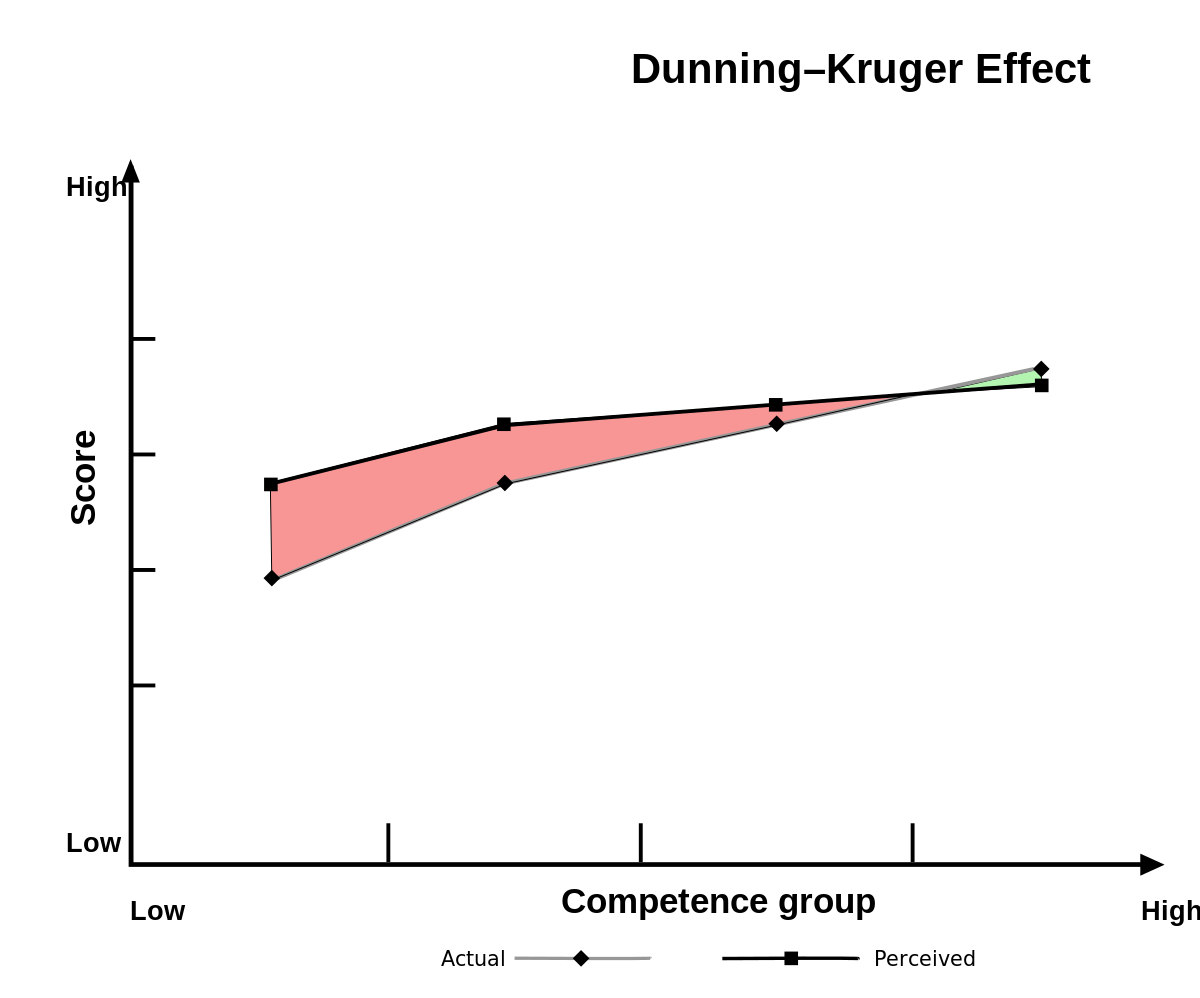"Phenomenal consciousness overflows access consciousness" - which means "our experience (phenomenal consciousness, what it is like to be us) outstrips in complexity our ability to express it (the parts of our consciousness we can express)," says Erik Hoel. This aligns with Baha'i theology perfectly in my opinion.
Such a view of consciousness does not contradict Abrahamic understanding of the relationship between the human and the divine. It's fundamental to Christian theology.
I rather think lepain thinks he's pointing out something new and unique, whereas, as far as I can see, it's inherent in the great philosophies and he's just restating something in his own words, at the same time dismissing everything else.
This is what we mean by 'the Mysteries'. John said this, Paul said this.
I'm not denying Baha'u'llah, rather Lepain's opinion that everything else is surpassed by 'the anthropic principle' when it's clearly intrinsic to spiritual philosophy generally.
To suggest that an insight wipes away 3,000 years of philosophical speculation is surely a hyperbole.
It is in this way that the thought of Baha’u’llah rejoins the phenomenological preoccupations of our epoch and that his metaphysic implies a hermeneutic which permits one to question and to encompass the relationships of consciousness with the objective and subjective reality of the world.
If he thinks other theologies do not ask these questions, he's mistaken.
For Baha’u’llah, there are two complementary ways of apprehending the world: the one rational and scientific which exists from our exteriority, and the other intuitive and mystical which exists from our interiority. But, in order to take this second path, man must first explore and understand his interiority.
Again, rather a self-evident statement? What philosophy doesn't ask the question?
Furthermore, in that which concerns God and the spiritual worlds in general, the way of interiority alone exists. This is why Baha’u’llah, after the knowledge of self, assigns as finality to human existence “to know and love God”. He affirms that this is not only the finality of all human existence but that it is also the finality of all creation, for it is impossible to conceive of a divine creation without a consciousness which knows his Creator. This is what we have called “the anthropic principle” of Baha’u’llah.
But it's not really Baha'u'llah's principle is it, rather his repetition of a received theology ... it's the Shema Isreal, it's the old Catholic Catechism:
Q: Why did God make me?
A: Top know Him and to love him.
This principle overturns all of philosophy and had multiple and fundamental implications which are far from being explored.
In the author's opinion. I think he's wrong.
Philosophy is such a broad church, or a broad spectrum of principle and methodology, that to say so is a somewhat of an exaggeration.
Baha'u'llah's Anthropic Principle is writ large in Phenomenology, with no single school of thought ... it's also there in Eriugena's 'Division of Nature' – a thousand years before Baha'u'llah ... it's there in the Fathers, and it's there in the New Testament.
It is this principle which explains that the reality of the universe appears to be structured in its functioning by a law of intelligibility which the universe shares with the human spirit
Yes. Biblical studies 101. In the beginning, God said "let there be light" (cf Genesis 1:3) and this has, for millennia, been analagous to insight and intelligibility.
It is this principle which also implicates the necessity of a noetic and epistemological link between the creature and the Creator which is at the source of the Baha’i hermeneutic
The same applies to every other theism and to some degree every other religion. The Baha'i hermeneutic in that regard is hardly original, and from a Christian pov, suffers self-imposed limitation.
From that also follows that Being cannot be at the center of the metaphysic, and even of the ontology, of Baha’u’llah.
What is at the center then?
Traditional Christian Scholasticism believes in an objective reality that exists independently of human perception and contains fixed categories.Instead, Baha'is believe our understanding of reality can evolve (e.g., demonic possession is symbolic), reality is shaped by perception, and divine worlds are not fixed categories but rather dynamic ways of interpreting reality.
By 'Traditional Christian Scholasticism' do you mean contemporary Christian metaphysics, or that of the 13th century?
If nothing is 'fixed', then you're really at sea without a chart, compass or star to guide yourself by – you're hoping at best; it's all sophistry and salesmanship from then on.
Many philosophical traditions, particularly in Western thought, place "Being" at the center of their inquiries.
Well God, who is 'Beyond-Being', but OK.
Instead of solely focusing on the objective "Being" of the universe, Baha'i thought emphasizes the role of the human observer and how our limitations shape our perception of that Being.
So you're assuming 'being' is a given? How can you understand the perception of being without a philosophy of being to understand the perception?

